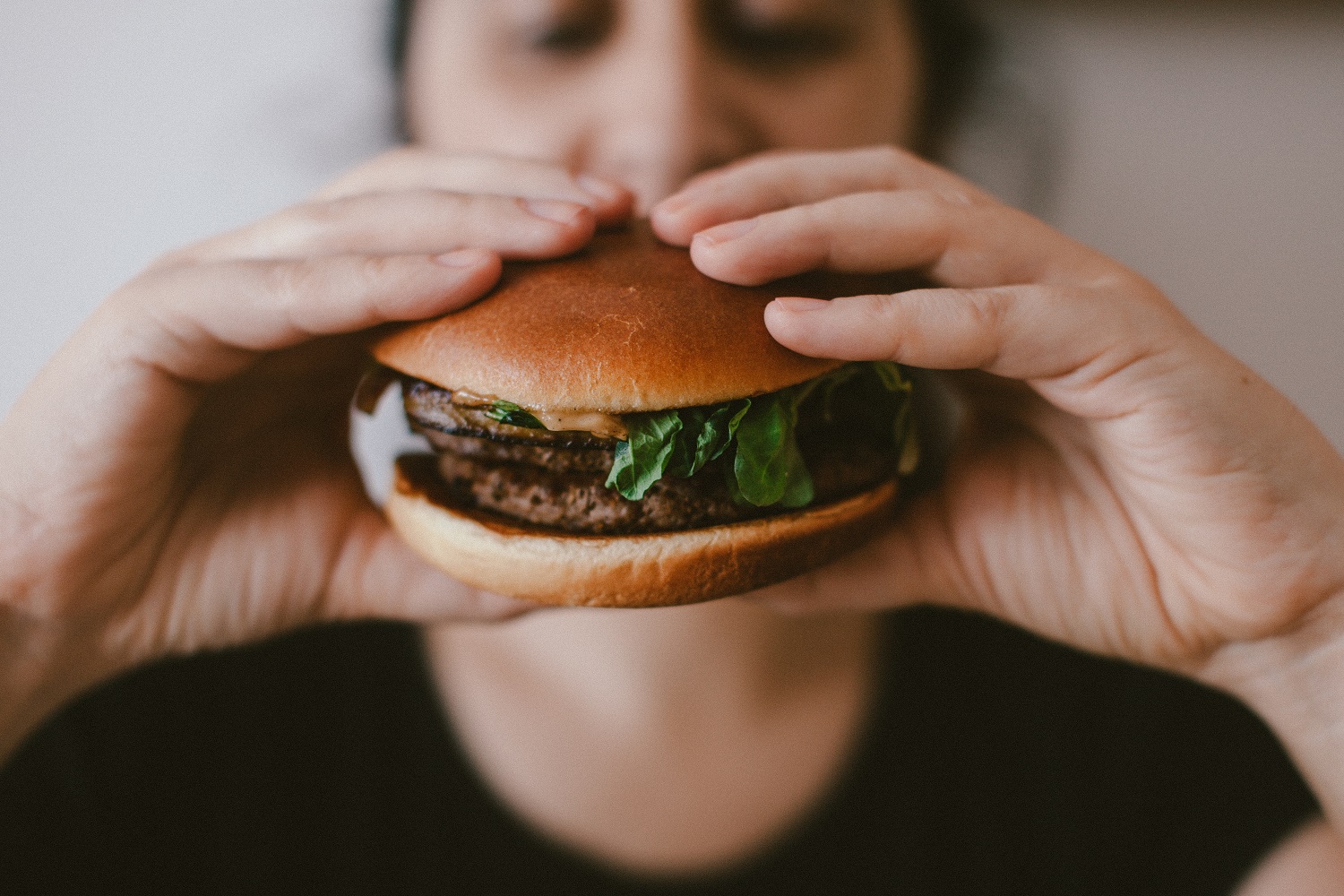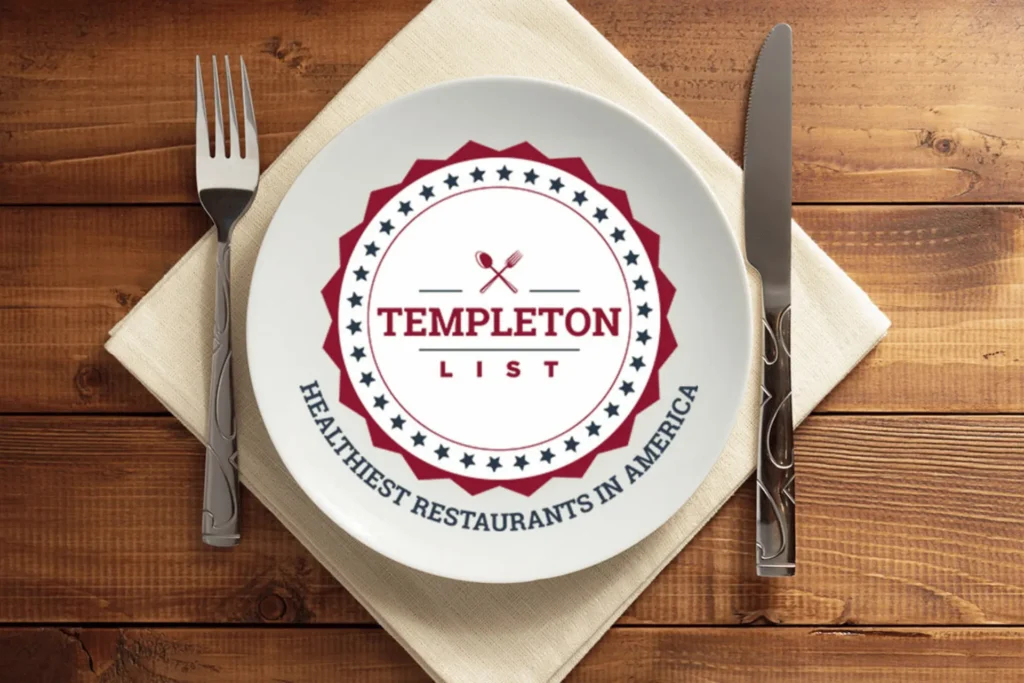We know that fast food, junk food, highly processed foods, foods with lower nutritional quality are not good for you in general, but now there is definitive proof that these foods are associated with higher incidents of cancer.
The Research Is In
European researchers studied the diets of 471,495 adults from ten different European countries using the innovative new British Nutrient Profiling System called Nutri-Score. Nearly 50,000 of these adults (49,794) were newly diagnosed with cancer.
And what they found was definitive.
Junk food diets lead to a higher risk of colorectal, stomach cancers, and cancers of the respiratory tract (mouth, nose, throat, vocal cords, windpipe and esophagus and windpipe). For women, the risk of both liver and breast cancer was also higher, and for men, the risk of lung cancer was greater.
Their conclusion? If nutrition can be modified at an individual level and if government can assist in helping people make better choices by adding a Nutri-Score label to foods, cancer rates could be held in check.
The World Cancer Research Fund and American Institute for Cancer Research back up that prediction, stating that one-third of cancers are preventable simply by adopting a highly nutritional diet.
What is the Nutri-Score System?
The Nutri-Score is a five-color labelling system that categorizes food products in a way that displays their nutritional quality at a glance. Each food product is awarded a score based on an algorithm that distinguishes good nutrients from bad ones. This algorithm takes into account the amounts of protein, fiber, healthy and unhealthy oils (and more) in a way that allows you to quickly evaluate if this is a food that is recommended, or one you should avoid (learn more about the scoring process here).
Do You Need This Label to Know What Foods Are Good for You?
It shouldn’t take a new scoring system to inform us what foods are real and healthy and what foods are not. However, for those unfamiliar with which foods are healthy and which are not, this new labeling system may be helpful.
A few trips up and down the aisles of nearly any ordinary grocery store quickly demonstrates that highly processed foods are more available than ever before, and unwary shoppers may opt for unhealthy foods without even realizing.
And drive down almost any thoroughfare in America and you’ll see fast food restaurants all along the way. These options have become the “norm” for many. The ease of convenience and often inexpensively priced items add to the temptation to skip preparing a meal from scratch and get something fast from a drive-thru window.
The Protective Effects of a Nutritional Diet
While we understand the desire for a quick meal when you’re hungry, we also know that there is no substitute for nutritional, properly prepared food. Nutrition ranks among the most important cancer risks because it is completely within our control.
If you’re finding it difficult to change your eating habits, start small.
- Drink filtered water instead of carbonated beverages. A recent study published in the British Medical Journal associated sugary drinks (including 100% fruit juices) with a higher risk of cancer in general, and breast cancer in particular.
- Shop the perimeter of your grocery store, not the aisles. Most of the highly processed, boxed, canned and otherwise packaged foods are found on the interior aisles where their colorful packaging and promise of a quick meal entices hungry shoppers. Focus instead on the outer edges of the store where fresh produce, meats, and seafood can be found.
- Skip the deli. Your risk of developing bowel cancer goes up 1.18 times for every 50 grams of processed meat you eat per day (Cancer Council). The World Health Organization has classified processed meats such as bacon, salami, frankfurts, and bacon as a Group 1 carcinogen.
- Walk past the bakery. Sugar-rich foods like cookies, cakes, and other goodies in this section of the grocery or available at your local fast-food drive-thru should not be on your to-eat list if you have cancer. Learn more here: Say Goodbye to Sugar If You Want to Beat Cancer.
Here on the Templeton Wellness website, you’ll find many articles related to the importance of a healthy diet. This is one area of your life that you have total control over! When you realize how good you can feel by eating a truly nourishing diet, you won’t want any substitutes.

Related Articles:
Macrobiotic Diet Secrets
Keto and Paleo Diets: Are They Right for You?
Fermented Foods: Tasty Cancer Fighting Medicine
New Study Says You Can Cut Your Cancer Risk by Eating Organic
This National Pizza Brand Came In Worst for High Glyphosate Content
Say Goodbye to Sugar If You Want to Beat Cancer
References:
M. Deschasaux, I.. Huybrechts, N. Murphy, et al., “Nutritional quality of food as represented by the FSAm-NPS nutrient profiling system underlying the Nutri-Score label and cancer risk in Europe: Results from the EPIC prospective cohort study,” PLOS Medicine (Sept 18, 2018).
S. Chiuve, T. Fung, E. Rimm, et al., “Alternative Dietary Indices Both Strongly Predict Risk of Chronic Disease,” The Journal of Nutrition (June 2021), Vol 142, Issue 6: pp 1009–1018.
E. Chazelas, B. Srour, E. Desmetz, et al., “Sugary drink consumption and risk of cancer: results from NutriNet-Santé prospective cohort,” BMJ (2019); 366:2408.
“Junk Fast Food Has Toxic Chemicals That Cause Cancer And Infertility, Says Study,” Monit Khanna
Monit Khanna, https://www.indiatimes.com/technology/science-and-future/fast-food-toxic-chemicals-cancer-study-552740.html

